Imagine your college dreams hinging on a few sheets of paper. Those aren’t just any papers; they’re recommendation letters. A strong letter can be your ticket to the next level. It shouts your potential from the rooftops.
But how do you snag those glowing reviews? It takes more than just being a good student. It involves strategy, timing, and a little bit of finesse.
This guide will arm you with the ultimate strategy for securing recommendation letters that make you shine. You’ll learn how to pick the right recommenders, prep them for success, and ensure those letters land with maximum impact. Let’s get started.
Recommendation Letters: A Student’s Guide to Success
What is a Recommendation Letter and Why Does It Matter?
A recommendation letter, also known as a letter of reference, is a document that highlights your skills, qualities, and accomplishments. It is written by someone who knows you well and can vouch for your abilities.
Why are these letters important? They add a human dimension to your application. Grades and test scores tell part of your story. But recommendation letters reveal your character, work ethic, and potential through the eyes of someone who has witnessed them firsthand.
- College Admissions: Many colleges require or strongly recommend letters of recommendation. These letters help admissions committees get a sense of who you are beyond your transcripts.
- Scholarship Applications: Scholarships often seek well-rounded individuals. A compelling recommendation letter can significantly boost your chances of securing financial aid.
- Internship and Job Applications: In the professional world, recommendation letters demonstrate your suitability for a role. They provide employers with insights into your work style and potential contributions.
- Graduate School Applications: A letter of recommendation from a professor can carry significant weight for the admission committees. The recommendation letters demonstrate your abilities to conduct research and if you are suitable for graduate level studies.
Laying the Groundwork: Building Relationships with Potential Recommenders
The best recommendation letters come from people who know you well. Start building relationships early. A last-minute request to someone who barely knows you will likely result in a generic, uninspired letter.
- Engage in Class: Participate in class discussions, ask thoughtful questions, and show genuine interest in the subject matter. This helps professors remember you and see you as an active learner.
- Seek Mentorship: Connect with teachers or mentors who can guide you and offer advice. Meeting during office hours is a great way to achieve this.
- Contribute Beyond the Classroom: Join clubs, volunteer, or work on projects that showcase your skills and interests. This gives potential recommenders more to talk about in their letters.
- Be Professional: Treat all interactions with respect and courtesy. Even casual conversations can leave a lasting impression. Your teachers will respect you and know that you respect them.
Identifying the Right Recommenders: Who Should You Ask?
Choosing the right recommenders is crucial. Consider these factors:
- Familiarity: Select people who know you well and can speak to your strengths with specific examples. If you are applying for STEM subjects in college, ask your math and science teachers. If you are applying for humanities, ask your literature and history teachers.
- Relevance: Choose recommenders whose expertise aligns with your goals. For example, if you’re applying for a creative writing program, ask your English teacher or a writing mentor.
- Enthusiasm: Identify people who are genuinely excited to support you. Their enthusiasm will translate into a more compelling letter. It can also mean they are more than willing to help you.
- Position: Consider their position and reputation. While a well-known figure can add prestige, a personal connection trumps fame.
- Variety: Aim for a mix of perspectives. A teacher, a coach, and a volunteer coordinator can offer different insights into your character and abilities. This can give the person reading your recommendations a wider perspective.
The Art of the Ask: How to Request a Recommendation Letter
Requesting a recommendation letter requires tact and professionalism.
- Ask in Person (If Possible): A face-to-face request shows respect and allows you to gauge their willingness.
- Give Ample Notice: Provide at least a month’s notice, especially during busy times like the end of the semester. This also gives them plenty of time to write a high quality recommendation.
- Be Clear and Concise: Explain your goals and why you’re asking them specifically. “I’m applying to X program, and I believe your insights into my Y skills would be invaluable.”
- Provide Context: Briefly remind them of specific interactions or projects that highlight your strengths. This also helps them write a more compelling letter.
- Express Gratitude: Thank them for their time and consideration, regardless of their answer. Saying thank you can make people more likely to help you in the future.
- Have a Backup Plan: Be prepared for the possibility that someone may decline. Have a list of alternative recommenders ready.
Equipping Your Recommenders for Success: Providing the Necessary Materials
To help your recommenders write the best possible letter, provide them with the following:
- Resume or CV: This gives them an overview of your academic and extracurricular achievements.
- Personal Statement or Essay Draft: Sharing your personal narrative helps them tailor their letter to complement your story.
- List of Key Accomplishments: Highlight specific projects, awards, or experiences that showcase your strengths.
- Specific Instructions: Provide any guidelines or requirements from the institution you’re applying to. This helps them stay on track and address the specific criteria.
- Deadlines: Clearly communicate all relevant deadlines. Remind them a week before the deadline as a friendly nudge.
- Talking Points (Optional): If there are specific qualities or experiences you want them to emphasize, provide a brief list of talking points. However, don’t be overly prescriptive; allow them to write in their own voice.
Following Up and Expressing Gratitude: Maintaining the Relationship
After your recommenders submit their letters, follow up with a thank-you note or email.
- Express Your Appreciation: Acknowledge their effort and express your gratitude for their support.
- Share Your Results: Let them know the outcome of your application process. This closes the loop and shows that their efforts were valued.
- Stay in Touch: Maintain the relationship by sending occasional updates or checking in with them. Nurturing these connections can be valuable throughout your academic and professional life.
Common Pitfalls to Avoid When Seeking Recommendation Letters
- Waiting Until the Last Minute: Rushing your recommenders is disrespectful and can lead to a weak letter.
- Asking Too Many People: Focus on quality over quantity. A few strong letters are better than a stack of generic ones.
- Failing to Provide Sufficient Information: Leaving your recommenders in the dark makes it difficult for them to write a compelling letter.
- Being Pushy or Demanding: Remember that your recommenders are doing you a favor. Be respectful of their time and commitments.
- Not Proofreading Your Own Materials: Ensure your resume and personal statement are polished and error-free. This reflects well on you and makes your recommender’s job easier.
The Ethical Considerations of Recommendation Letters
It’s important to approach recommendation letters with integrity.
- Never Write Your Own Letter: It’s unethical to ghostwrite a letter for your recommender to sign.
- Be Honest About Your Accomplishments: Don’t exaggerate or fabricate your achievements.
- Respect Your Recommender’s Decision: If someone declines to write a letter, accept their decision gracefully.
- Keep the Contents Confidential: Unless your recommender chooses to share it with you, respect the privacy of the letter.
Recommendation Letters: The Key to Unlocking Your Potential
Recommendation letters are a crucial piece of the puzzle. With careful planning, strong relationships, and a dash of finesse, you can secure letters that highlight your potential. Follow this strategy, and you’ll be well on your way to unlocking your academic and professional dreams.

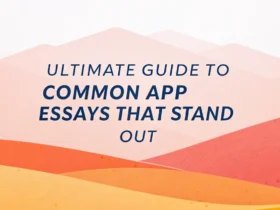
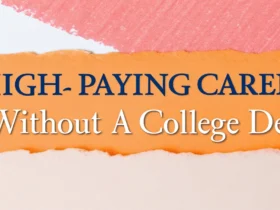

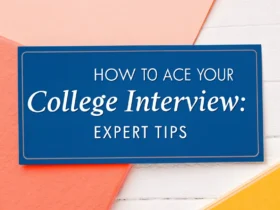
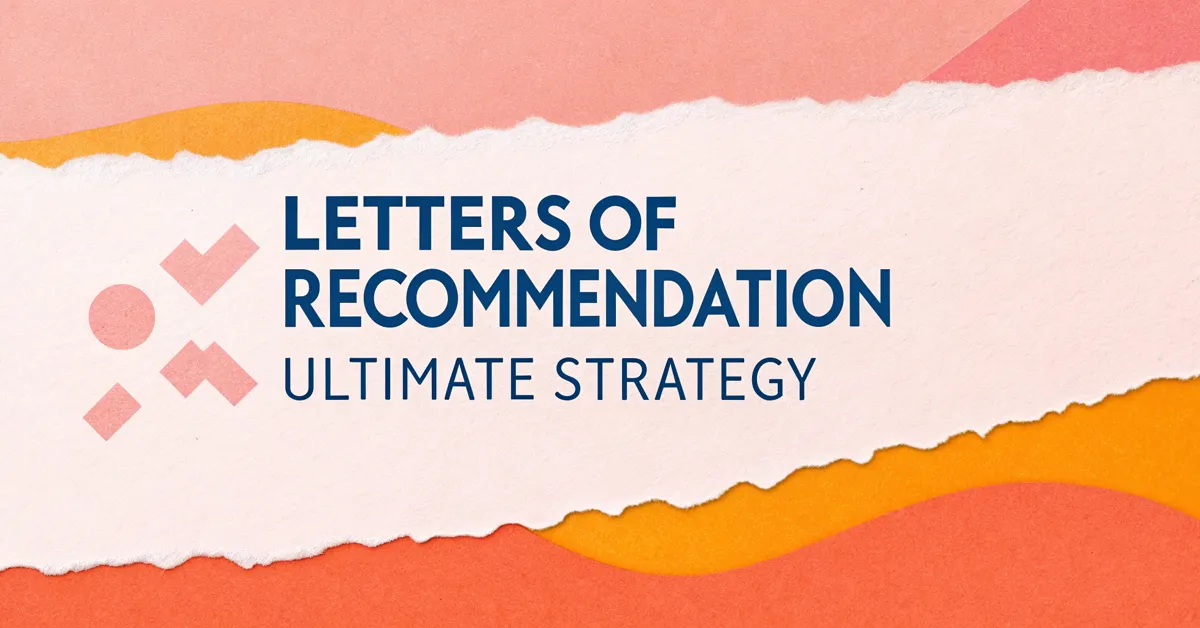
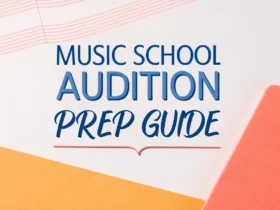






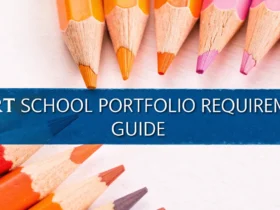
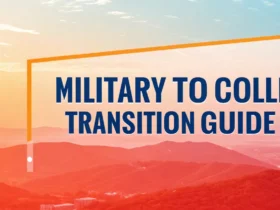
Leave a Reply
View Comments